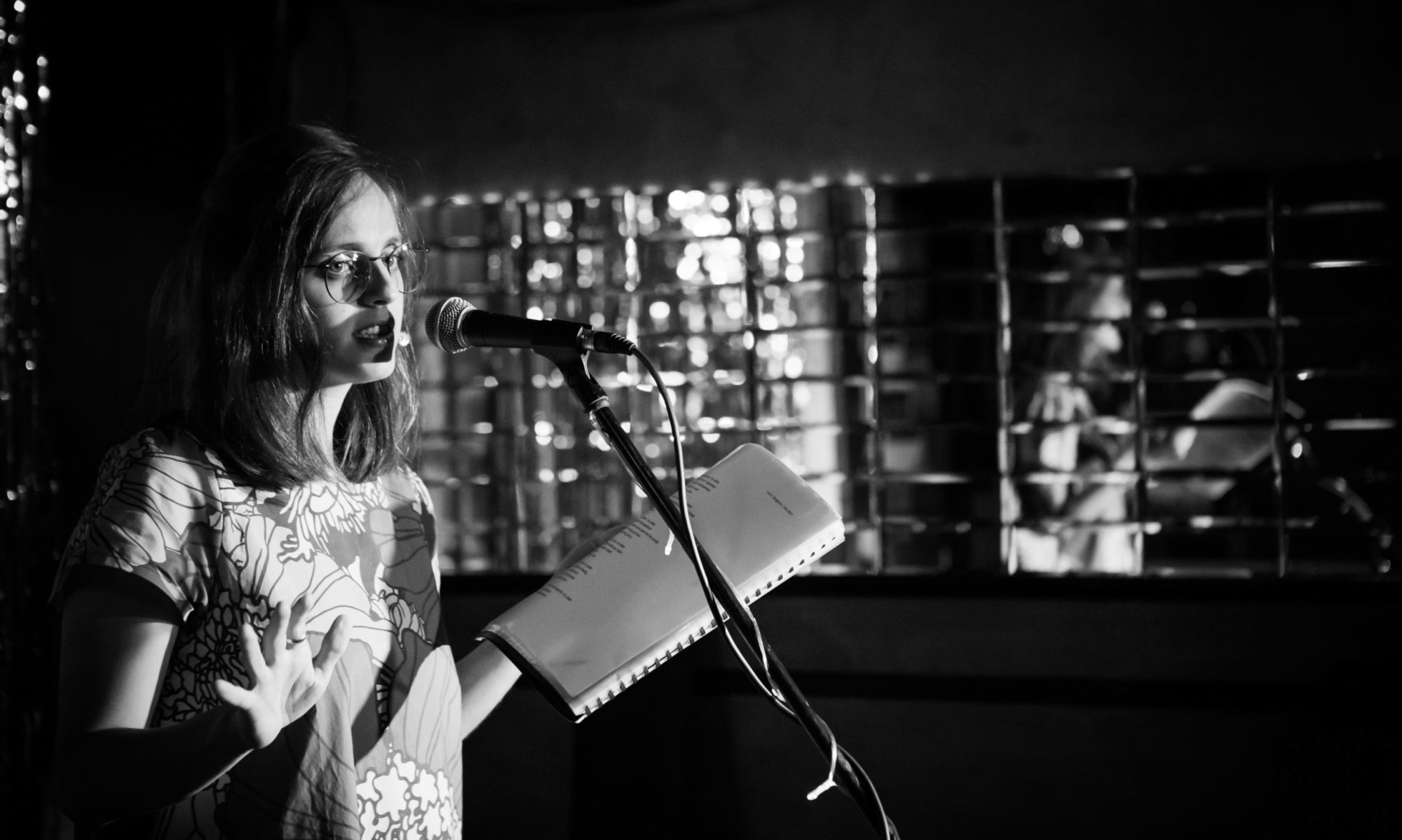I’ve written ever since I can remember – early notebooks of my childhood are scattered with poems, short stories, magazines and even multi-chapter stories. Writing has always been an outlet through which I expressed feelings, thoughts, experiences, and shared them with others. I prided myself on my rhymed Bat-Mitzvah speech and on poetic cards for every occasion.
Thinking of writing as a career though is only something I’ve seriously considered in the last few years. Although I must admit to a childhood dream to write a book about my experiences growing up. It was a kind of comfort at hard times – imagining that at least I could write about what happened, to make the future world a better place.
But taking writing more ‘seriously’ and submitting pieces to places inevitably led to receiving rejections – the No’s. You often hear stories of writers who became famous immediately. But for a lot of people, the road is more complicated. Trying to publish my writings in the Australian literary world has been a challenge, and that’s partly because I’m inexperienced, and don’t know the industry well, nor the people in it. But it’s also because there are still a lot of preferences in the industry for writings by Australian-born, Christian and non-disabled people.
My writing style is different to my peers, I know that because I can read their stuff, and I’ve been told I use English in unusual ways. I also write of ‘unusual’ subjects like the realities of being a disabled, immigrant parent or what it means to be a female in our patriarchal world. Writing for me is about many things, one of them is a tool to inspire change – for the better. And it’s also who I am – I write truthfully, because it’s how I like to live life.
Receiving multiple No’s when sending out my writings has been hard, although I got used to it! At first, the meaning of No was a potential indication of the value of my craft or ideas. Slowly though, I’ve learned to re-assign meanings to the No’s. Recognising privileges helps, although it also enrages me at times. I know I need to work harder than some in order for my pieces to be considered for publication. (although I still have privileges that help me, like being white and at a socially acceptable body weight).
I’ve reassigned the meanings for No’s by listening and reading other writer’s journeys, and deciding it’s ok that some places don’t want to publish my pieces. It also helps to think of the industry as a business – which it is – and realise that at that point in time, a particular person or people, didn’t think my piece was going to sell enough.
Expectation is another huge factor in how we react to life events, and so I changed my expectations rapidly since the early days of sending out my material. Although holding onto hope is useful, tampering my expectations and looking at the statistics help me feel grounded and deal with the No’s better. I have received many more No’s than Yes’s, thus far, so I now expect a No, and just feel pleasantly surprised when this expectation is proven wrong.
Recently there have been a few Yes’s which I’m very excited about. A few aren’t yet announced in public, so you’ll have to wait a little longer. In case you’re not following me on social media (which is a loss for you), here are a few Yes’s that you can check out:
- I’ve written several blog posts for SANE Australia, which has been enjoyable and fruitful. I’ve learned a little more about the industry in the process, and loved combining my writing skills together with my mental health knowledge and lived experience. Here is a summary of the blogs:
- Disability, mental health and wellbeing – exploring the relationship between disability and mental health, alongside useful strategies to look after oneself.
- How to recognise and manage perinatal anxiety – exploring the ways one can recognise if they’re feeling anxious in pregnancy or after having a new baby, and strategies to manage such a common experience.
- How to talk with children about your mental health issues – exploring the benefits of talking with children about mental health challenges, as well as ways to start and handle such conversations.
- As for the biggest Yes I’ve ever received, I have been honoured to be selected to the TOP 5 ARTS Residency by the ABC. I will be working with and learning from some of the best in the media and publishing industry, and I cannot wait to commence in September. You can find out more here. This is by far the biggest Yes I’ve ever received, and I feel privileged and humbled to be selected among a group of talented people to this unique program.
As for the No’s, they keep coming. Slowly though, their weight decreases, while I focus on the writing itself, and the beautiful Yes’s that come in other forms to formal publications: when someone clicks their fingers during my poetry reading, or comes up to say they enjoyed it, or laugh while I perform. A Yes can look like a comment on a social media post or a new subscriber to my blog. Although those Yes’s don’t pay the bills, they fill my heart with hope that my words are valuable – at least sometimes, at least to some.
Until next time,
Liel K. Bridgford




